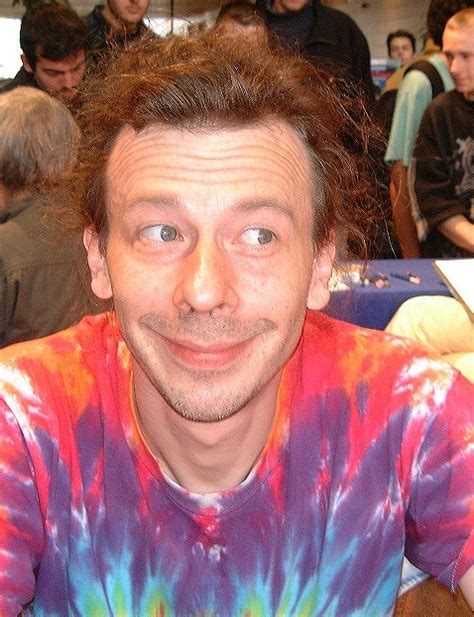A Quote by Stephen King
But this wealth of information produced little or no insight.
Quote Topics
Related Quotes
Students and scholars of all kinds and of every age aim, as a rule, only at information, not insight. They make it a point of honour to have information about everything, every stone, plant, battle, or experiment and about all books, collectively and individually. It never occurs to them that information is merely a means to insight, but in itself is of little or no value.
In the late 1980s, Soviets were allowed to keep the wealth they created by raising vegetables on their garden plots. Although these plots composed only about 2% of the agricultural lands in the Soviet Union, they produced 25% of the food! When Soviets kept the wealth they created, they produced almost 16 times more than when it was taken from them at gunpoint, if necessary!


































